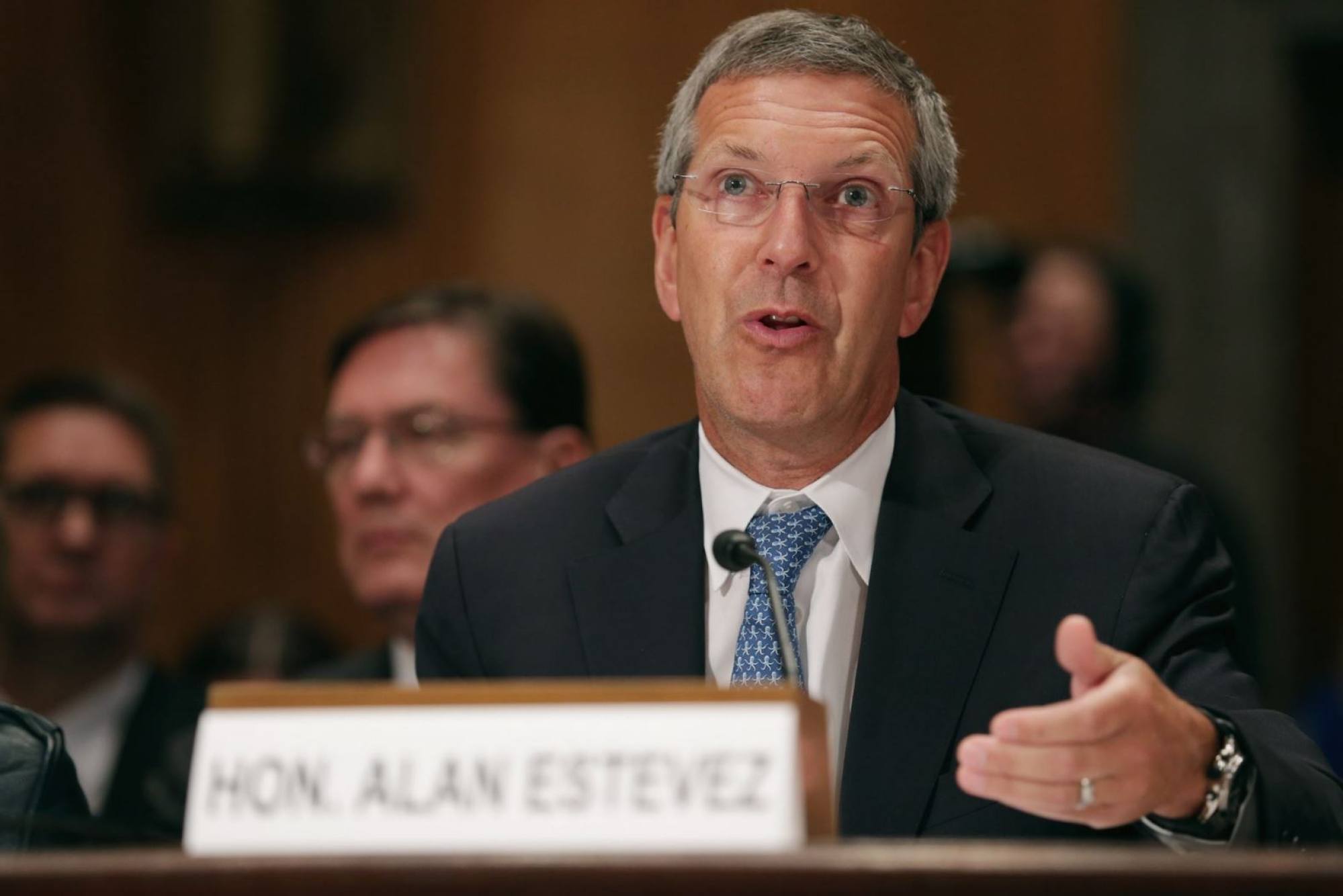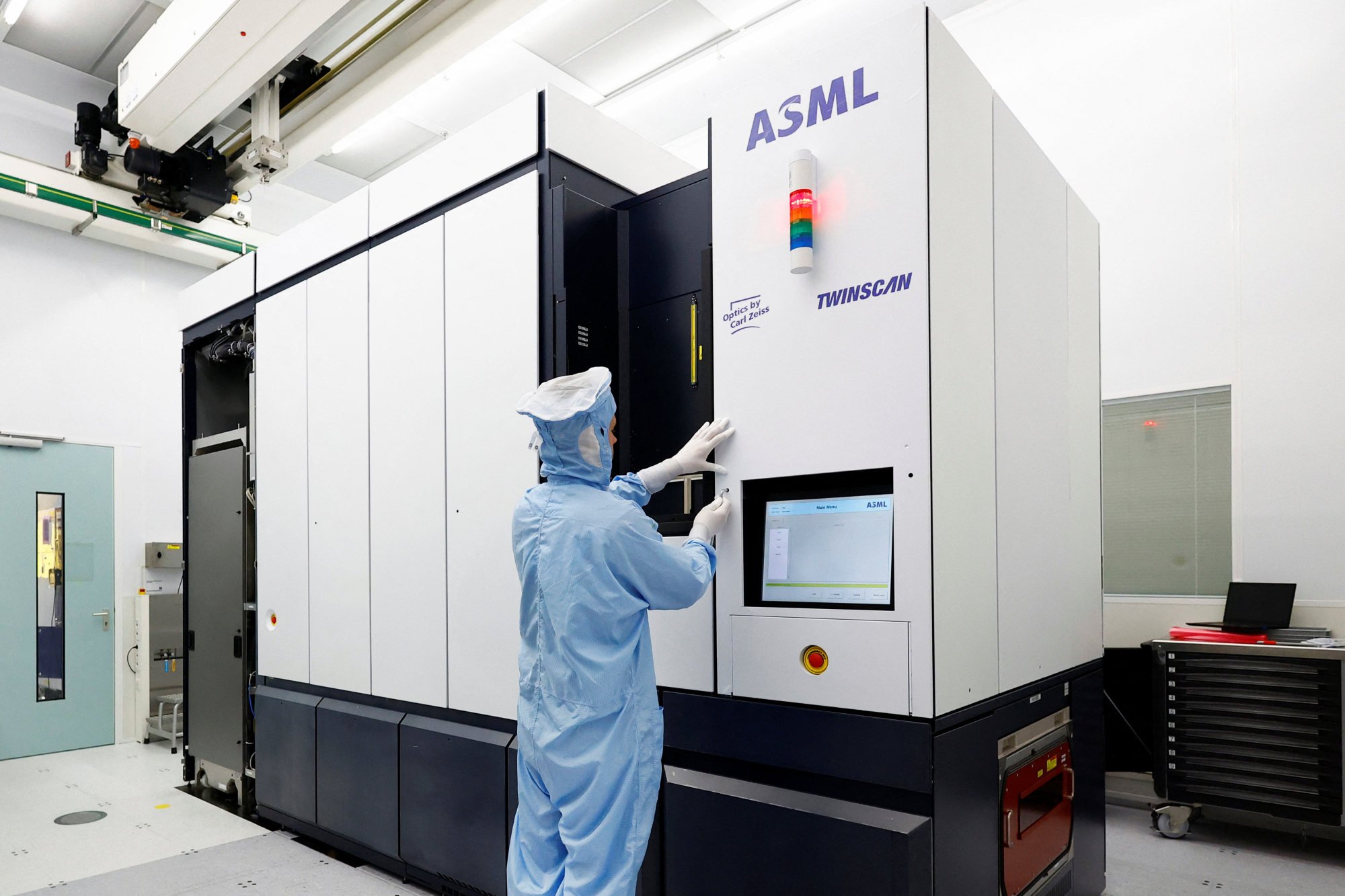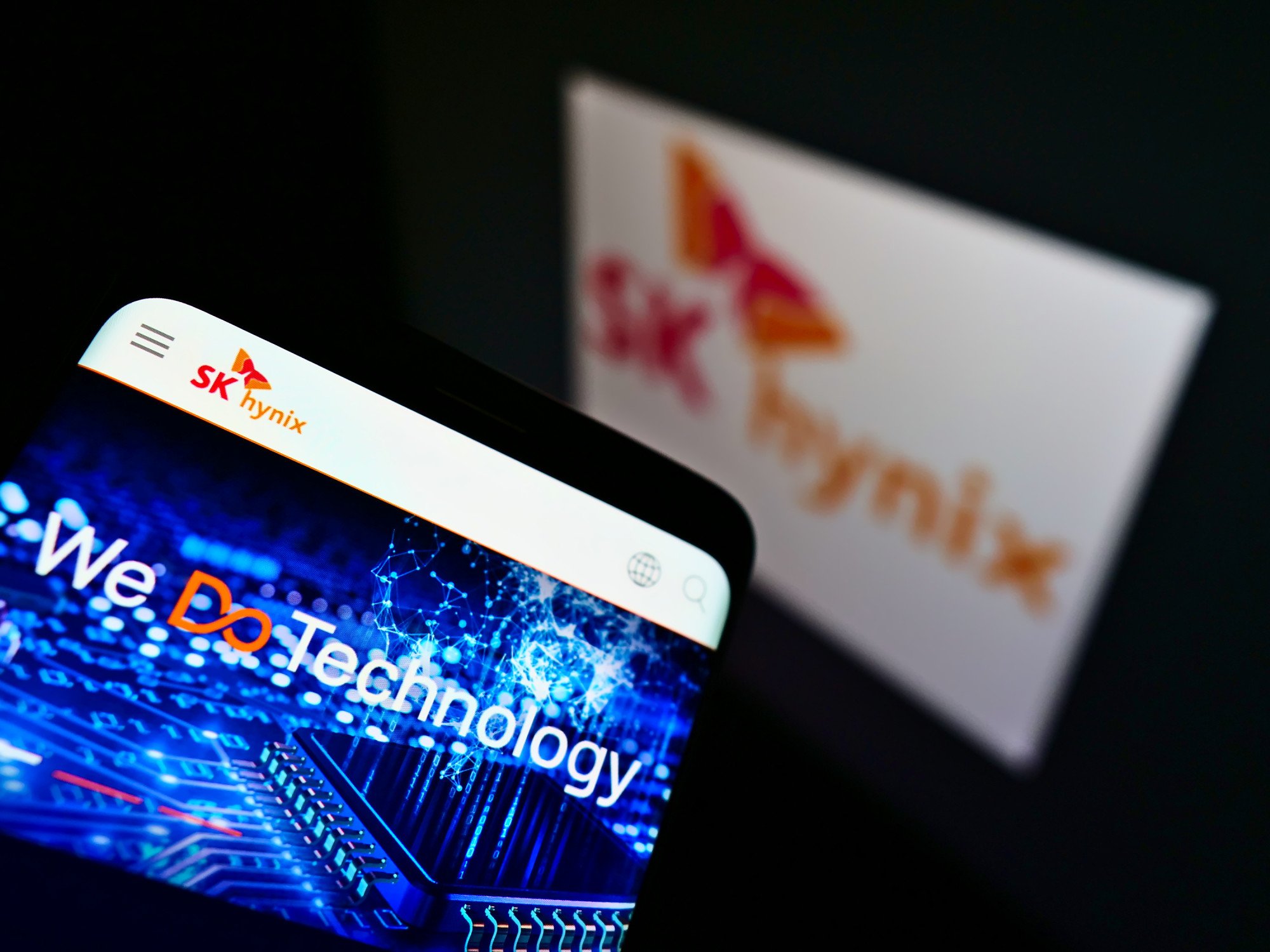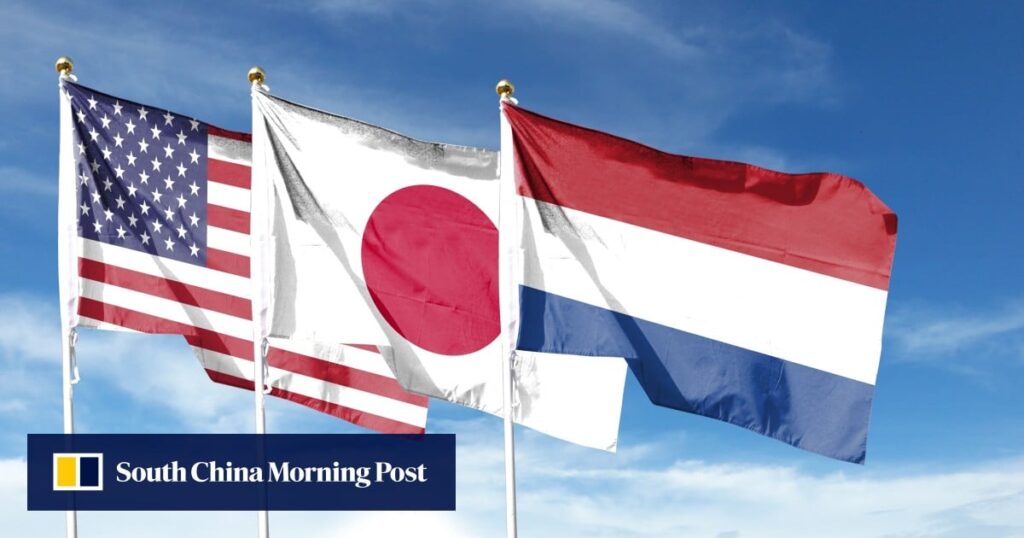The ASML and Tokyo Electron machines will be used to manufacture dynamic random access memory dies, which are stacked to make HBM chips.

The Biden administration has long sought to restrict China's purchases and production capacity of advanced semiconductors, arguing it is necessary for national security, but with mixed results, while Huawei and other companies have made significant headway.
The United States is seeking help from allies that have their own less strict restrictions in place to ensure a more effective global lockdown.
“The United States is the most important player in the global semiconductor equipment industry, but it's not the only important country. Japan and the Netherlands are also major suppliers of semiconductor equipment,” said Gregory Allen, director of the Wadhwani Center for AI and Advanced Technology at the Center for Strategic and International Studies in Washington. “The Netherlands and Japan have export restrictions but not services, which is a significant constraint in the overall technology control structure.”

The Dutch and Japanese governments are resisting U.S. pressure, people familiar with the matter said earlier, as they want more time to assess the impact of the current export ban on advanced semiconductor manufacturing equipment and to gauge the outcome of the U.S. presidential election in November.
It is unclear how the new Dutch government, led by Wilders, will respond to the U.S. demands for additional measures. Kleber is the co-founder of Ongehold Nederland, a far-right TV station that has garnered controversy for its pro-Russia reporting and climate change skepticism.

A representative for the U.S. Commerce Department's Bureau of Industry and Security declined to comment. A spokesman for the Dutch foreign ministry also declined to comment. Japan's Ministry of Economy, Trade and Industry did not respond to a request for comment.
South Korean equipment makers such as Hanmi Semiconductor and Hanwha Precision Machinery also play a key role in the HBM supply chain. Earlier this year, the United States urged the South Korean government to restrict the flow of equipment and technology used to make high-performance logic and memory chips into China, Bloomberg reported.
Officials in Washington are also growing concerned about advances in China's own semiconductor manufacturing equipment, with lawmakers on Tuesday introducing bipartisan legislation that would ban companies receiving U.S. financial assistance for semiconductor factories from buying Chinese-made equipment for those facilities.

